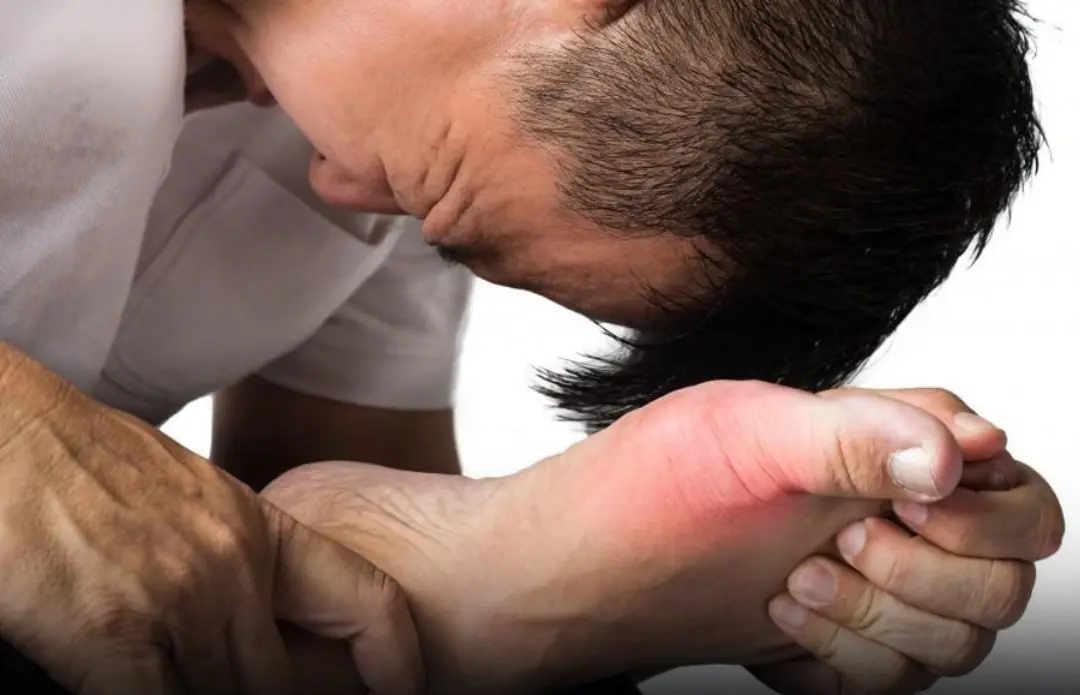
Scientists discover the maximum age a human can live to
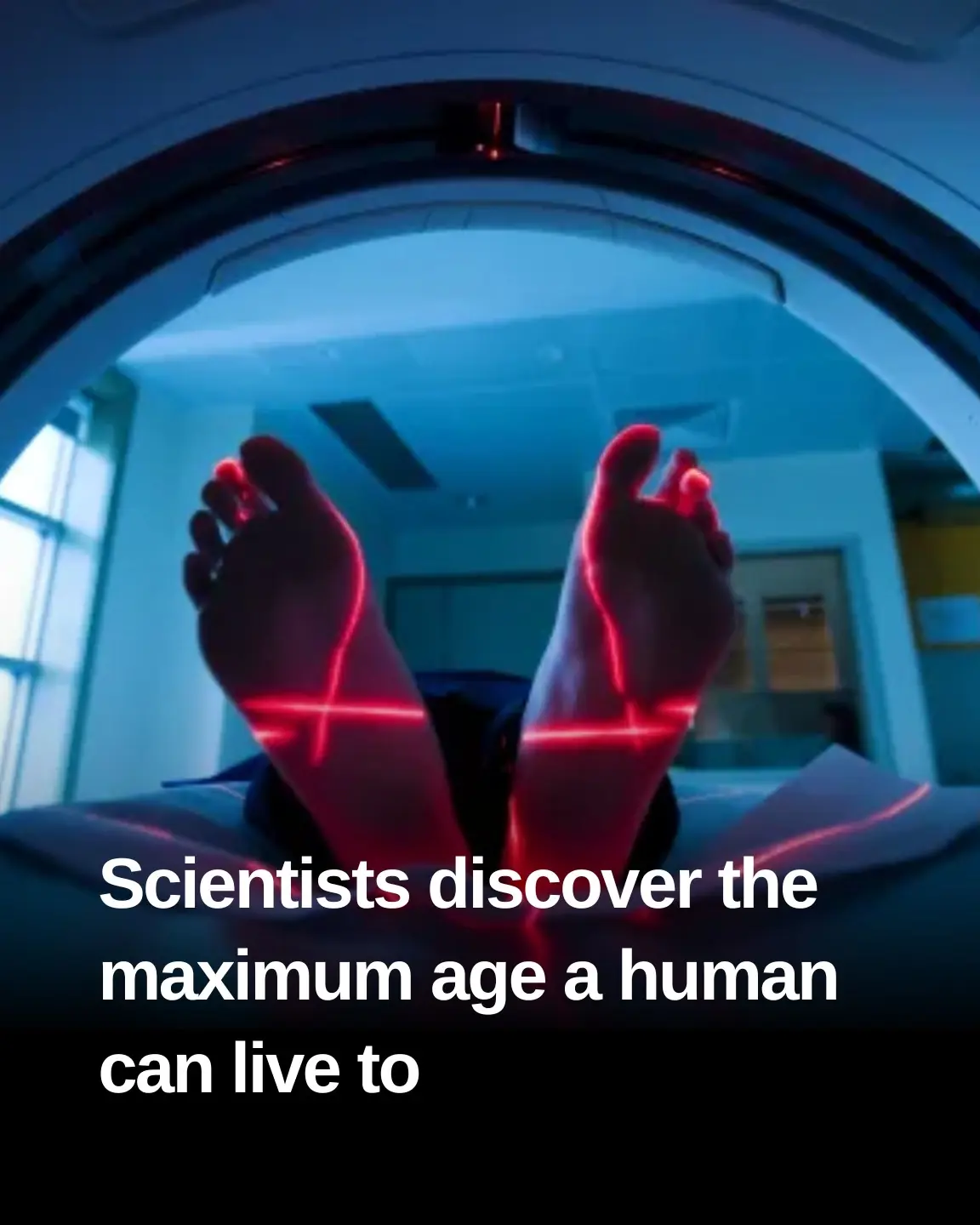
The quest for understanding the maximum human lifespan has captivated scientists, researchers, and the general public for centuries. From ancient civilizations to modern scientific advancements, the idea of achieving immortality or living longer has been an ongoing pursuit. Recent developments in the study of aging, genetics, and medicine have led scientists to make significant strides in determining how long humans can actually live.
While we cannot predict with certainty how long each individual will live, advancements in research are beginning to shed light on the theoretical maximum age humans can achieve. So, what exactly is the maximum age humans can live to? And what factors influence how long a person might live?
Let’s explore the latest findings, the biological mechanisms behind aging, and the cutting-edge research that is shaping our understanding of longevity and the limits of human lifespan.
The Longest-Lived Humans in History
Before delving into the science, it’s helpful to take a look at some real-life examples of long-lived individuals. As of now, the verified oldest human ever documented is Jeanne Calment of France, who lived to be an incredible 122 years and 164 days old. Her longevity has intrigued researchers for decades and remains a benchmark in aging studies.
In addition to Jeanne Calment, there have been numerous individuals who have lived well past the century mark, often in good health and with sharp minds. These examples highlight the fact that while the average lifespan may vary, it’s possible for some individuals to live well beyond the typical expectations.
However, scientists have long been interested in whether there is a biological limit to human life, and what that limit might be.
What Is the Maximum Age Humans Can Live?
Recent studies on aging suggest that humans may be able to live to around 125 years at the most. While this figure is still subject to debate, it represents the consensus of many gerontologists (scientists who study aging).
Research conducted by scientists at the Albert Einstein College of Medicine has indicated that the human lifespan may be capped at about 120 to 125 years. This age is often considered the theoretical upper limit for human longevity, although some people believe it could potentially be pushed higher in the future as technology and medicine advance.
Why 125 Years?
The concept that 125 years is the maximum human lifespan comes from studies that observe how human cells and organs age. Over time, the body experiences cellular damage that accumulates due to oxidative stress, which is the damage caused by free radicals in the body. This process contributes to aging and eventually leads to the decline of bodily functions.
One of the primary factors in aging is telomere shortening. Telomeres are the protective caps at the ends of chromosomes, and every time a cell divides, the telomeres shorten. Eventually, when telomeres are too short, the cell can no longer divide properly, leading to cell death or dysfunction. The gradual shortening of telomeres over a person’s lifetime has been linked to aging and age-related diseases.
The Role of Genetics in Lifespan
Genetics plays a significant role in determining how long a person can live. Studies on centenarians (people who live over 100 years) have found certain genetic markers that contribute to longevity. These include:
-
DNA Repair Mechanisms: People with longer lifespans tend to have more efficient DNA repair mechanisms, which reduce the accumulation of damage that can lead to aging and diseases.
-
Healthy Inflammatory Response: Chronic inflammation is associated with many age-related diseases. Genetic factors that help reduce inflammation may contribute to longer lifespans.
-
Longevity Genes: Certain genes, such as those related to the FOXO family of transcription factors, have been linked to longevity. These genes help regulate various functions like cell repair, metabolism, and stress resistance.
The Science Behind Aging: Biological Limits
At the core of the aging process are cellular mechanisms that naturally deteriorate over time. Here’s a look at some of the key biological processes that influence the maximum human lifespan:
1. Telomeres and Cellular Aging
As mentioned earlier, telomere shortening is a key process in aging. Telomeres protect the ends of chromosomes and, over time, the shortening of telomeres leads to cellular senescence (when cells lose the ability to divide). This gradual loss of cellular function contributes to the signs of aging, such as wrinkles, reduced skin elasticity, and decreased organ function.
2. Mitochondrial Dysfunction
Mitochondria are the energy-producing structures within our cells, and as we age, mitochondrial dysfunction can occur. This means that cells lose the ability to produce energy efficiently, contributing to the decline of organ function and overall vitality. Research into improving mitochondrial health is one avenue that could potentially extend lifespan in the future.
3. Oxidative Stress
Oxidative stress is another major factor in aging. This refers to the damage caused by free radicals—unstable molecules that can damage DNA, proteins, and lipids. Over time, this damage accumulates and contributes to aging and the onset of age-related diseases. Antioxidants play a crucial role in neutralizing free radicals, and diets rich in antioxidants are linked to healthier aging.
4. Cellular Repair and Regeneration
The ability of the body to repair damaged cells is crucial for maintaining health and longevity. Research is being conducted on how to improve cellular repair mechanisms and whether regenerative medicine, such as stem cell therapy, could one day extend human lifespan.
What Are the Barriers to Longevity Beyond 125 Years?
While it’s possible that the maximum human lifespan could be extended, there are natural biological limits. For example:
-
Genetic Factors: Each individual has a genetic blueprint that influences how quickly their body ages. Even with advancements in medicine, some genetic factors cannot be easily altered.
-
Environmental Factors: Exposure to environmental stressors, pollution, poor diet, and lack of exercise can accelerate aging and reduce lifespan.
-
Chronic Diseases: Cancer, heart disease, and neurodegenerative diseases like Alzheimer’s are major causes of death, and as medical advancements continue, they may extend the average lifespan, but there are limits to how long the human body can function.
Can Science Extend the Maximum Age?
While we may have reached a theoretical maximum age of 125 years, science is always advancing. The development of anti-aging therapies, genetic research, and regenerative medicine could push the boundaries of human longevity in the future. Researchers are working on ways to delay aging at the cellular level, possibly offering a way to extend life without necessarily compromising quality of life.
Caloric restriction, gene editing, and breakthroughs in stem cell therapy are all avenues being explored to not just extend lifespan, but also improve healthspan - the number of healthy, active years a person enjoys.
Conclusion
While the maximum human lifespan is thought to be around 125 years, factors such as genetics, lifestyle, and medical advancements will continue to shape our understanding of longevity. By focusing on healthy living, balanced nutrition, and embracing the latest medical technologies, humans may continue to push the limits of aging.
However, even with all the science and progress, it’s important to remember that living a long, fulfilling life isn’t just about adding years - it’s about ensuring those years are filled with good health and quality of life.
News in the same category


These are the consequences of eating....

5 amazing benefits of drinking warm water with honey
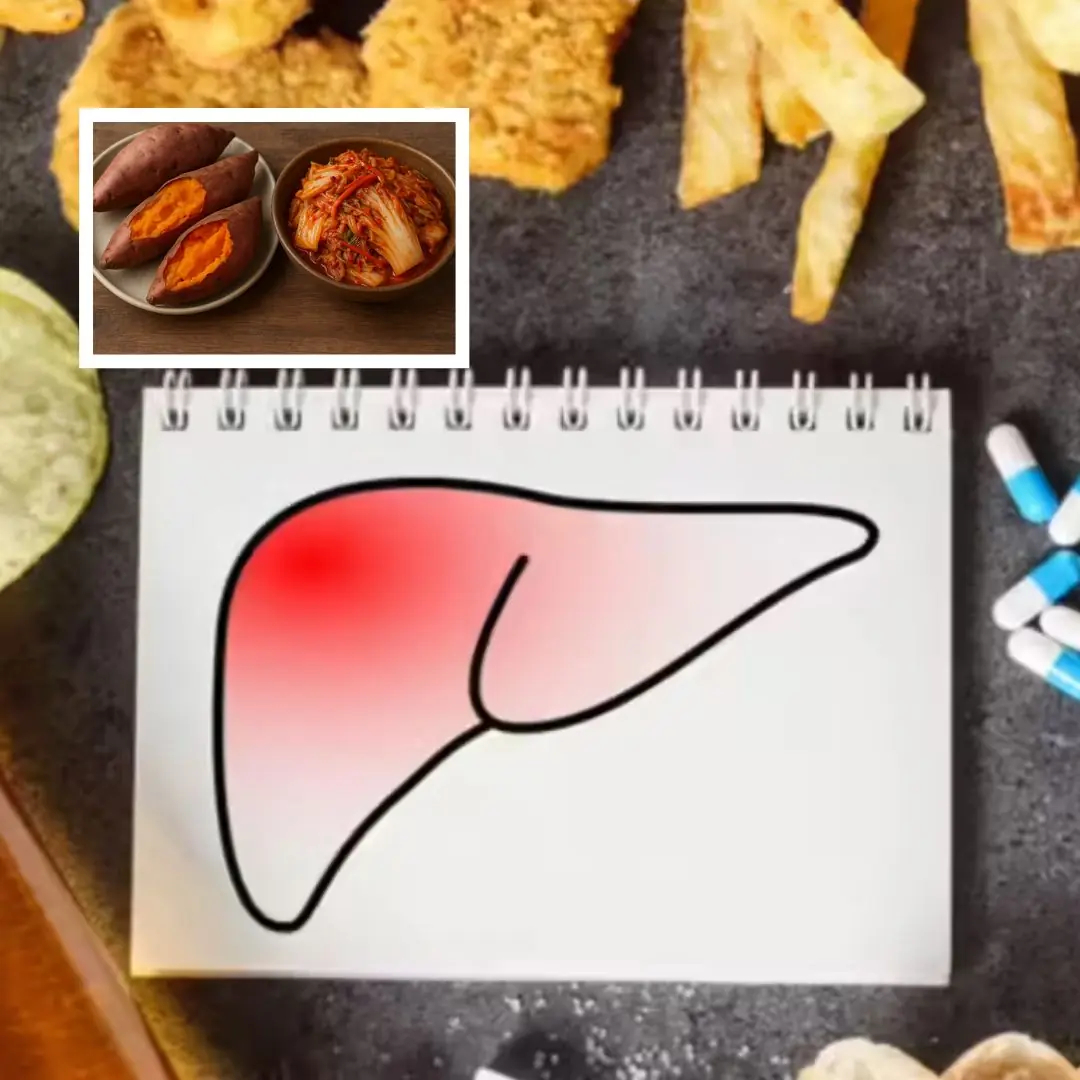
Scientifically Supported Food Combinations That May Benefit Liver Health
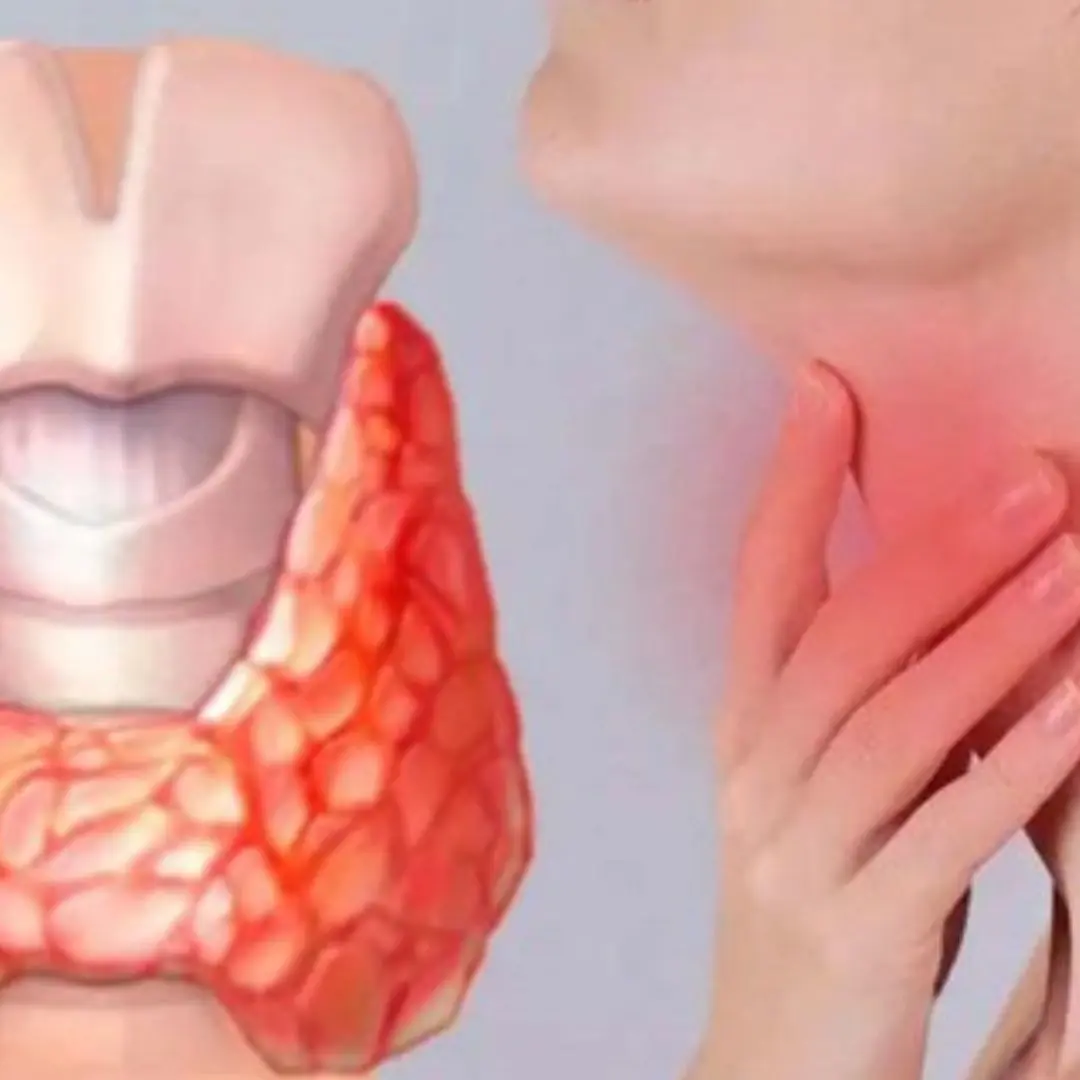
6 Types of Foods That Negatively Affect Your Thyroid — What to Limit or Avoid

The most powerful herb that removes parasites, urinary tract infections and herpes

Warning: Pain in These Three Areas May Be an Early Sign of Lung Can.cer
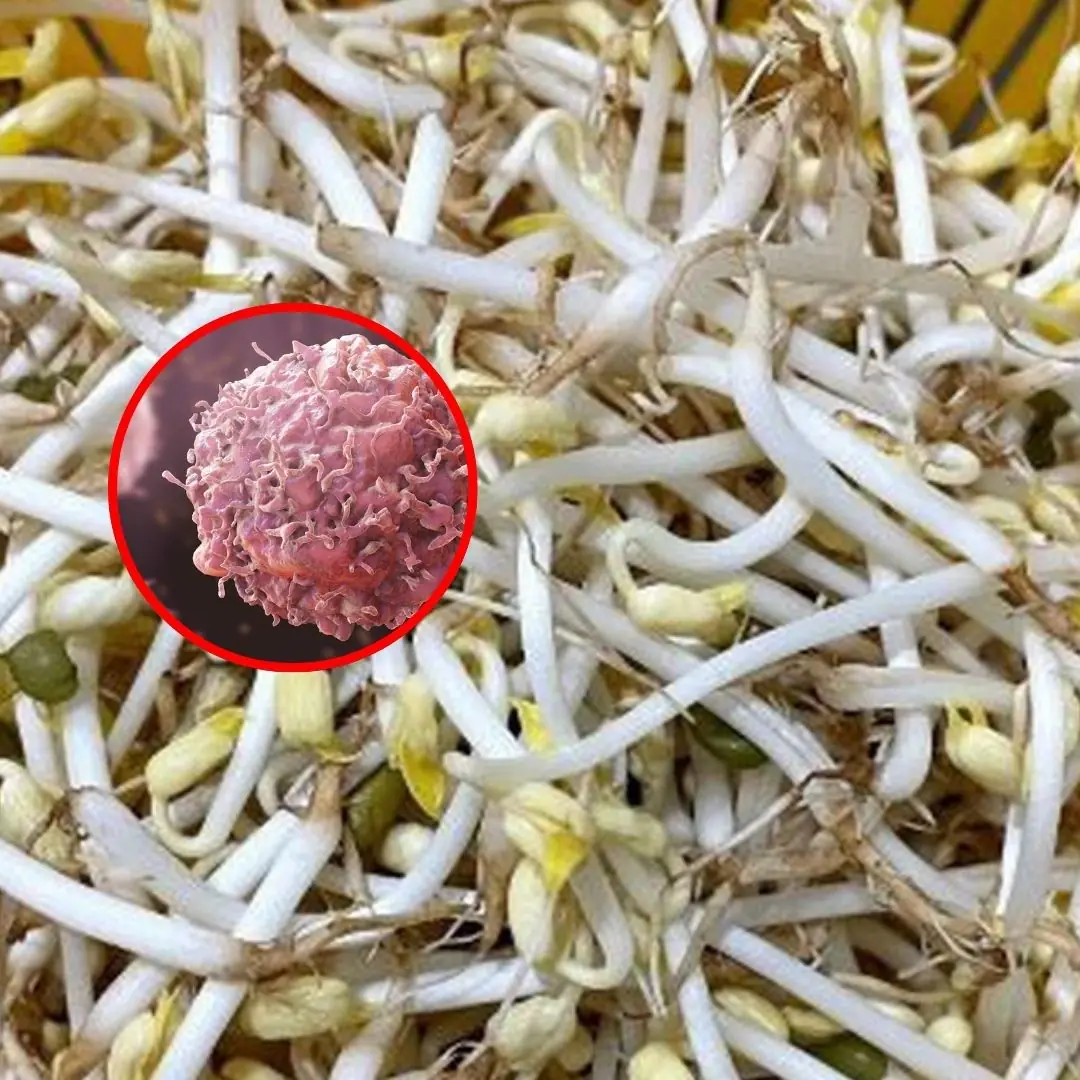
Vegetables listed as ca:ncer - causing that many people still eat, should be stopped immediately

Swollen Feet? Don’t Ignore This Clear Red Flag — Here’s What It Really Means

Why You Keep Waking Up Between 3 and 4 AM - 4 Health Issues Your Body May Be Signaling

Indoor Air Quality: 6 Common Household Items That May Affect Your Lungs — And How to Use Them Safely

5 common mistakes when using yogurt that can be harmful to your health that you may not know

Scientists May Have Actually Found One Of The Causes Of Autism
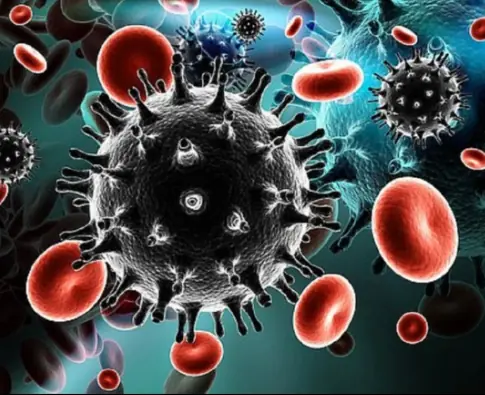
Itching in 9 Areas: A Warning Sign of Malignant Tumors, Number 7 Is the Most Common
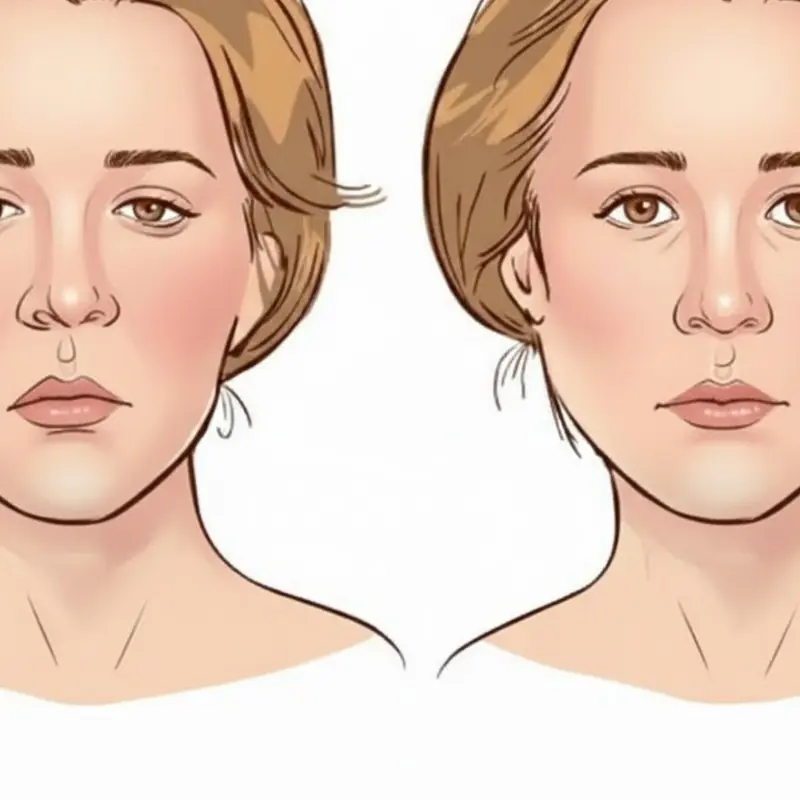
Doctors Warn: Stroke May Present a Subtle Early Sign Up to Three Months Before It Occurs
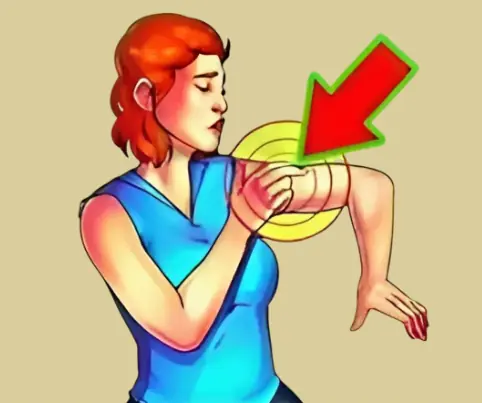
7 Signs of Mini Stroke in The Elderly
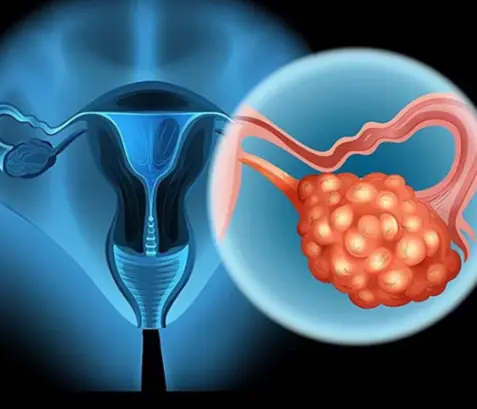
8 Early Warning Signs Of Ovarian Can:cer You Shouldn’t Ignore

What Does It Mean When You Dream About Someone Close Who’s Died?

5 Alarming Stroke Warning Signs to Watch for in Young People
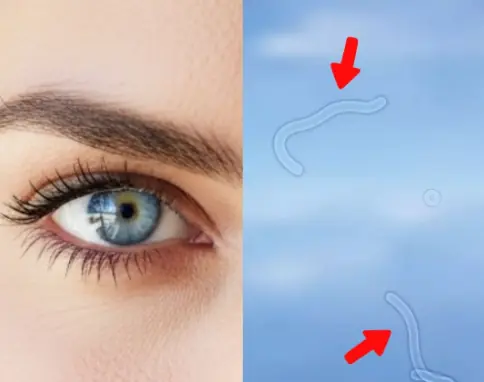
What Are Eye Floaters? Here What To Do If you Start Seeing Them, According to an Eye Doctor
News Post

Setting Boundaries: A Family Story

Your feet can reveal important signs about your circulation and metabolic health

How a Salute Changed My Family’s Perception of Me

These are the consequences of eating....

5 amazing benefits of drinking warm water with honey

Scientifically Supported Food Combinations That May Benefit Liver Health

Classic Cherry Pie

Hawaiian Pineapple Glazed Ribs

Honey Garlic Roasted Chicken Thighs with Potatoes & Carrots

6 Types of Foods That Negatively Affect Your Thyroid — What to Limit or Avoid

The most powerful herb that removes parasites, urinary tract infections and herpes

Tips to Help Hair Grow Faster and Thicker: A Complete Guide for Strong, Healthy Hair
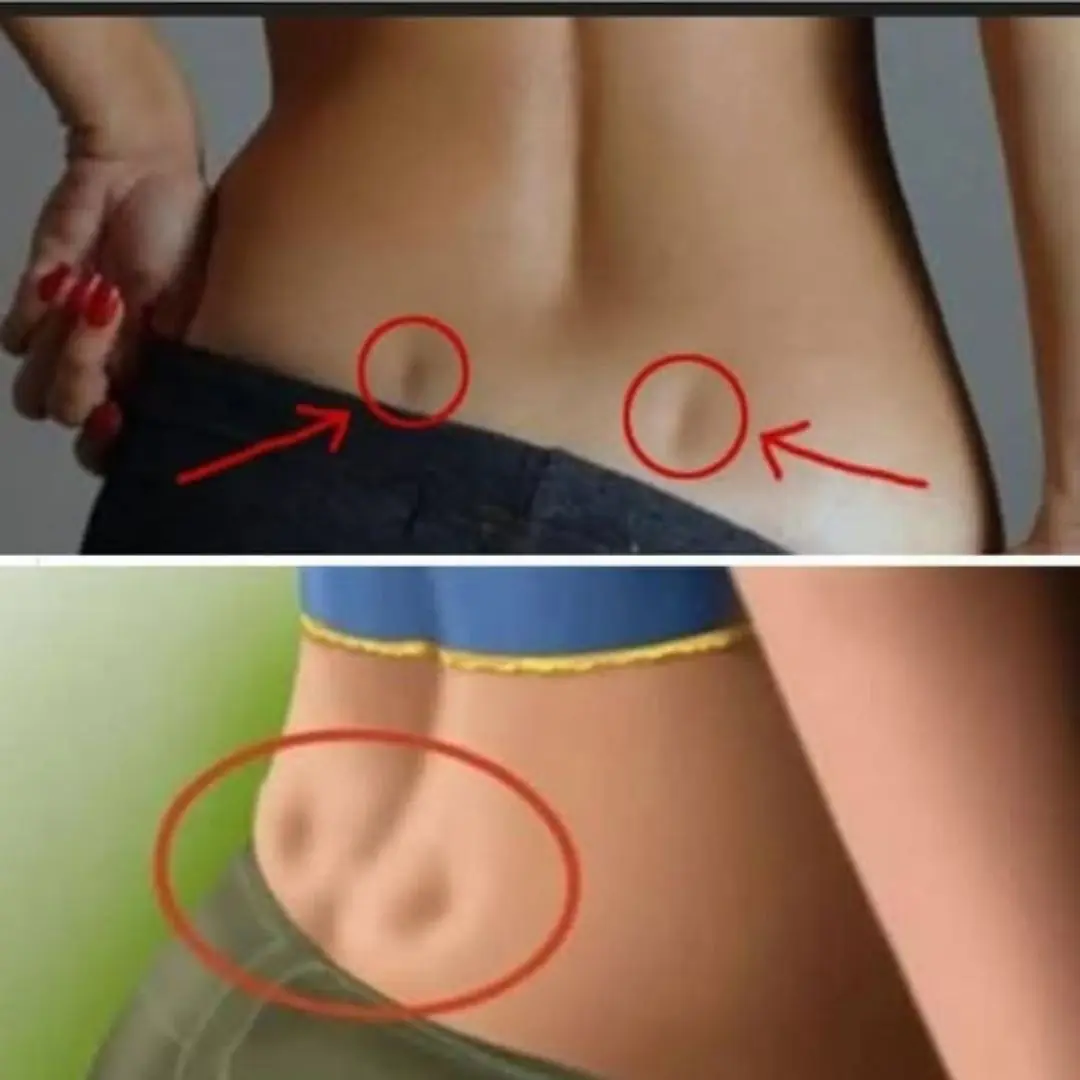
If You Notice These Two Little Holes on Your Back, It Means You’re Not… Tap to Discover
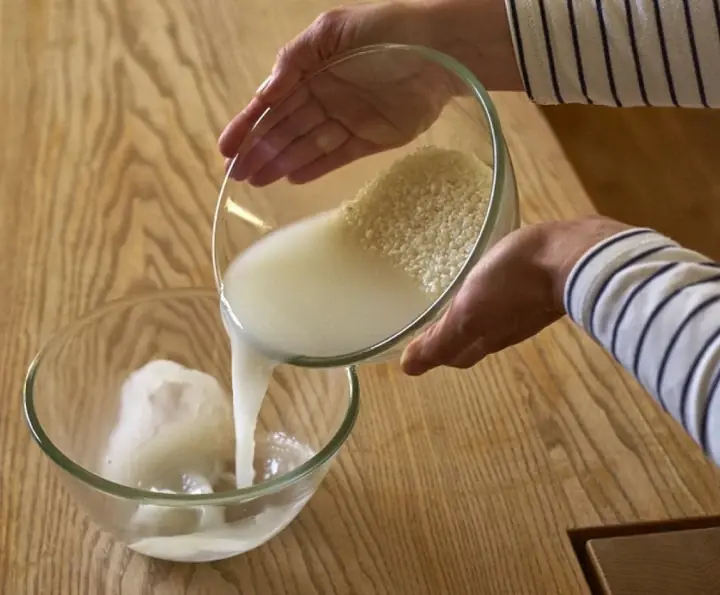
Great effects of rice water you should not miss

Warning: Pain in These Three Areas May Be an Early Sign of Lung Can.cer

Vegetables listed as ca:ncer - causing that many people still eat, should be stopped immediately
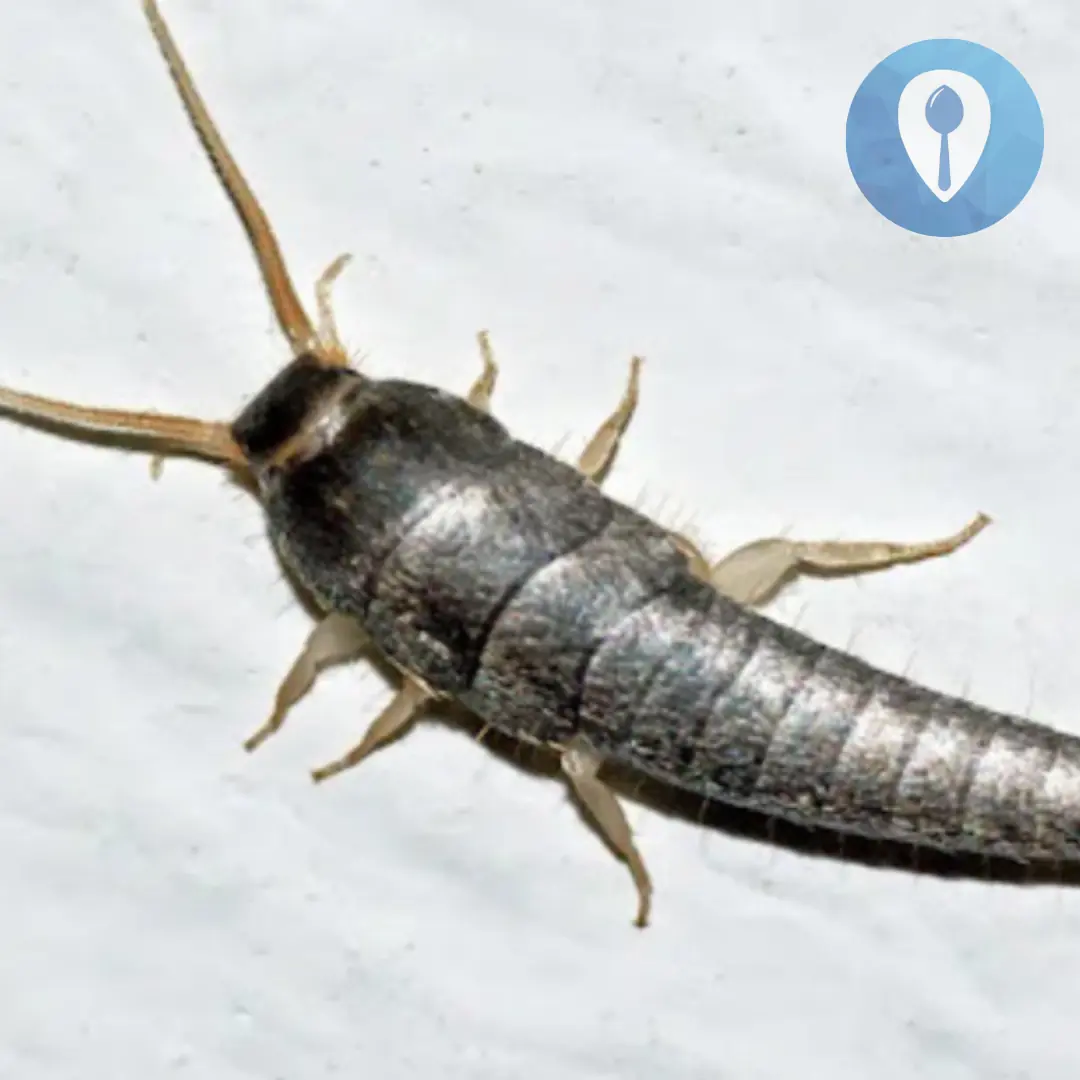
If You Find This Insect in Your Home, Here’s What It Means

Tomato Basil Bruschetta

Mediterranean Tortellini Pasta Salad
